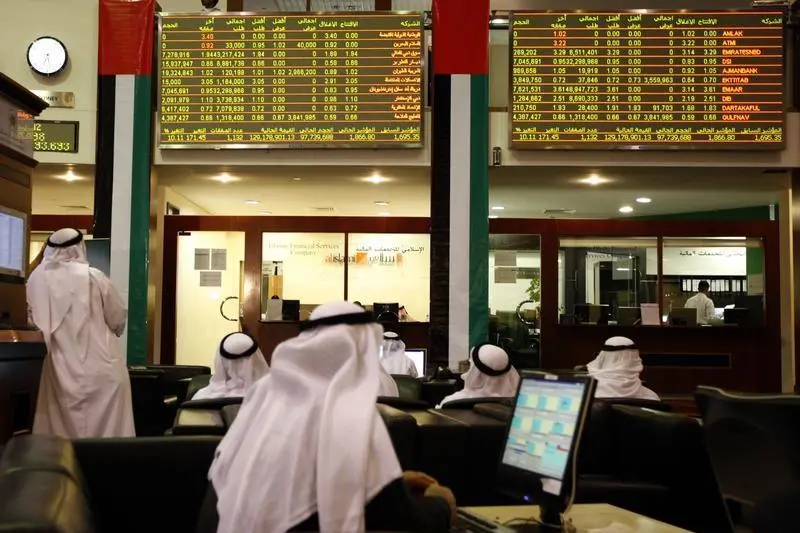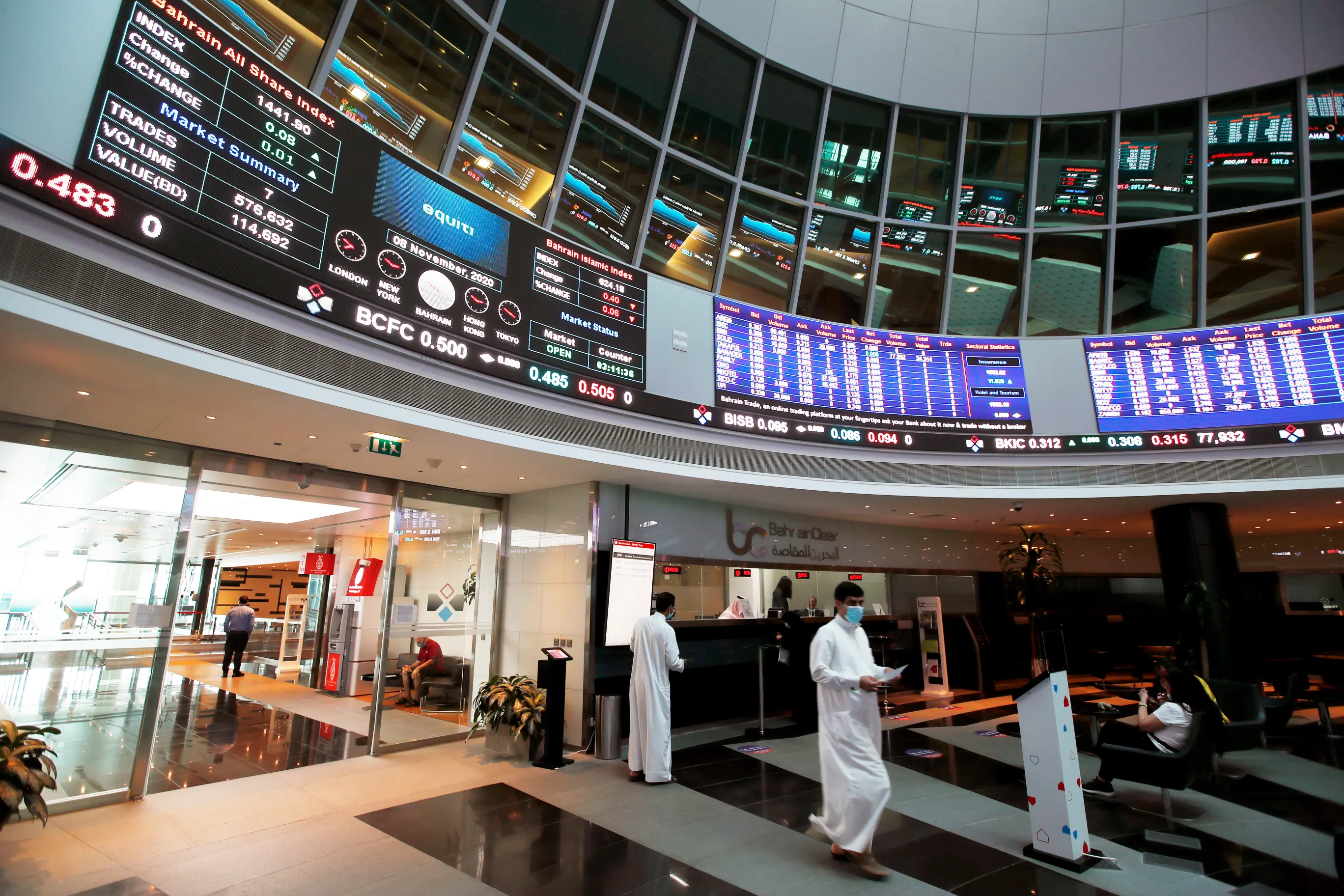trending
neon
Cirque du Soleil offers summer ticket deals
dining out
Celebs ditch the Strip for iconic Henderson restaurant
july 
trending
neon
Cirque du Soleil offers summer ticket deals
dining out
Celebs ditch the Strip for iconic Henderson restaurant
july 

Economic resilience continues to support a robust cyclical rally, as key sectors benefit from sustained recovery. This outlook emphasizes growth in consumer demand, infrastructure, and industrials, driving cyclical stock performance




As we move into 2025, the global economy demonstrates signs of resilience despite various challenges such as inflationary pressures and geopolitical instability. This stability, combined with a robust recovery in key sectors, has led to a cyclical rally in the equity markets, with certain industries outperforming others due to their sensitivity to the economic cycle.
Cyclical stocks, which are closely linked to economic growth, are thriving as demand for goods and services continues to recover, pushing industries like consumer discretionary, industrials, and materials to the forefront. This article will explore the key drivers behind this cyclical rally, analyze sector performances, and outline the outlook for investors in the coming months.
Several factors contribute to the ongoing economic resilience that is supporting the cyclical market rally:
These foundational elements of economic resilience have helped boost the performance of cyclical sectors, setting the stage for sustained growth in the equity markets.
Cyclical sectors typically outperform in periods of economic recovery and growth. The ongoing recovery is expected to continue favoring these industries, particularly those with strong demand drivers and solid earnings growth potential. Key sectors to watch include:
Despite the challenges posed by inflation and supply chain disruptions, these cyclical sectors are poised for growth as the economic expansion continues into 2025.
While the outlook for cyclical stocks remains positive, several risks could dampen the rally or lead to increased volatility:
These risks need to be carefully considered by investors, as they could lead to market volatility and sector rotation over the next few months.
Despite these challenges, the economic resilience seen in the early months of 2025 provides a favorable backdrop for continued outperformance by cyclical stocks. Key factors supporting the rally include:
Given these dynamics, the cyclical rally is expected to persist in the near term. However, investors must remain vigilant of the risks and manage portfolios with a focus on diversification and risk mitigation
Economic resilience continues to support a robust cyclical rally, as key sectors benefit from sustained recovery. This outlook emphasizes growth in consumer demand, infrastructure, and industrials, driving cyclical stock performance
the latest

Gulf Markets Rise on U.S. Rate Cut Hopes Despite Trade Risks
Major Gulf stock markets ended higher, boosted by optimism over potential U.S. Federal Reserve rate cuts, although ongoing global trade tensions continue to weigh on investor sentiment.

Reeves Weighs Tax Increases & Spending Cuts in November Budget
UK Finance Minister Rachel Reeves is reportedly preparing to raise taxes and cut spending in the the upcoming November budget to address rising borrowing costs and shrink the fiscal deficit.

UK Plans Easier Visa Path to Attract Global Talent: Reeves
UK Finance Minister Rachel Reeves announced plans to ease visa rules to attract top global talent, following Trump’s U.S. visa restrictions.

UAE Urges Netanyahu to Support Trump Gaza Peace Plan
The UAE pressed Israeli Prime Minister Benjamin Netanyahu to support Donald Trump’s Gaza peace plan and warned against annexation of the West Bank.

UK Inflation Slows, Oil Price Rise Creates New BoE Challenge
UK inflation eased slightly, but a sudden oil price surge has raised new concerns for the Bank of England as it balances growth, rates, and stability.

UAE Rate Cut Boosts Dubai and Abu Dhabi Stock Markets
Dubai and Abu Dhabi shares rose after the UAE central bank cut interest rates, boosting investor sentiment and signaling support for economic growth.

Meedaf Partners with InDebted to Expand UAE Operations
Fintech company Meedaf has partnered with InDebted to facilitate its expansion into the UAE, leveraging advanced debt collection and customer engagement solutions to strengthen regional operations.

Banker & Ex-Gov. Plead Guilty in Bancrédito Bribery Case
Former Puerto Rico Governor Wanda Vázquez and banker Julio Herrera Velutini have pleaded guilty to campaign finance violations linked to the Bancrédito scandal.

Visa Launches Visa Private in UAE for High-Net-Worth Clients
Visa has launched Visa Private in the UAE, a premium service designed for high-net-worth clients, offering tailored financial solutions, exclusive benefits, and concierge services.